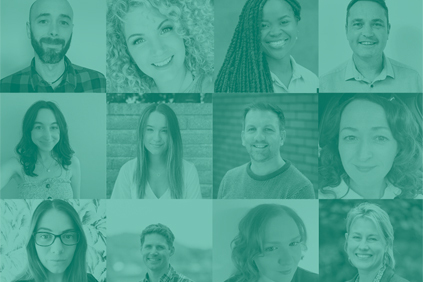Contents
Assess the capability of your team
Having user researchers and other user-centred design practitioners that speak fluent Welsh in your team is not always possible.
The first step is to understand the capability and skills gaps in your team, including:
- if you can communicate in Welsh, and how
- your confidence and areas of comfort
For example, your experienced user researcher might be a fluent Welsh speaker, but not feel comfortable facilitating interviews in Welsh.
By understanding your capability, you can decide to:
- adapt your approach and methodology
- involve colleagues to help run or support with sessions
- get help from a translator or interpreter
Set clear expectations with your team, stakeholders, and participants about what you can realistically do and achieve.
Make the most of the different strengths in your team, and ask for support to fill your skills gaps.
Researching sensitive topics in Welsh
Sensitive research should only be done by trained and experienced practitioners.
You need to be a confident Welsh speaker to prevent getting yourself or your participant in a position where you:
- do not understand most of your participant’s language
- cannot communicate effectively and offer the support they need
Get the support you need
User research is a team sport.
But you may not work in a multidisciplinary team where your user researcher or someone else speaks fluent Welsh.
Once you understand the capability of your team, ask for the skills and resources you need from the beginning. You may want to think about different ways to get them too.
For example, you can try and find colleagues with the Welsh-language skills you need who are happy to help in different ways. This may include translators, interpreters, or other user-centred design practitioners.
Think about how to involve and work closely with them, especially if they’re not familiar with working in agile and user-centred ways.
Have reasonable expectations of the Welsh speakers in your team
User researchers and other practitioners who speak Welsh can be in high demand, and may have to support multiple projects at once without considering their workload.
Expecting too much from the Welsh speakers in your team can impact the:
- stress levels of your team
- quality of the research
- quality of the outputs in Welsh
They might lose focus, context, or compromise important processes and systems that assure the quality of your research.
You can set your team up for success by building enough time in your delivery plans for the researcher to understand and support the wider strategy and preparations, not only with specific tasks and activities.
Adapt your research methodology
Explore different ways to capture the experiences of Welsh-language users, and adapt the methodology depending on your goals, needs, and capability.
For example, your user researcher may not speak fluent Welsh, but a translated survey could meet your goals and needs. A translator or another colleague can help you produce it bilingually, and analyse the responses and insights.
You can also develop different resources to support the translation of the responses, including templates, glossaries and patterns.
If you plan to interview participants, consider:
- if you are more comfortable with a highly structured conversation
- recording the session so you can review it later, including the language
- if a note-taker can support you
If you’re testing a product or service, consider:
- if you’re doing separate testing rounds for the English and the Welsh
- at what stages of development you need to test
Familiarise yourself with the language
As with any research, it’s good practice to familiarise yourself with the language of your participants, especially if it’s a niche or technical topic with industry terminology.
